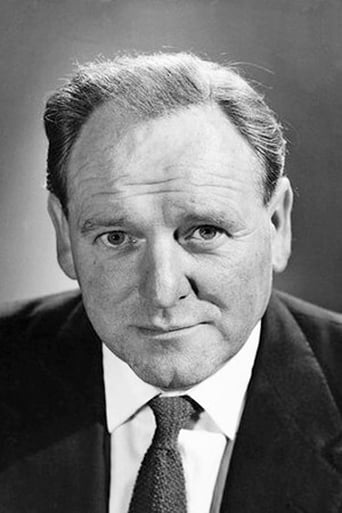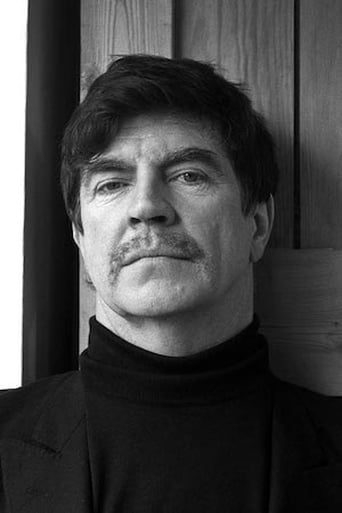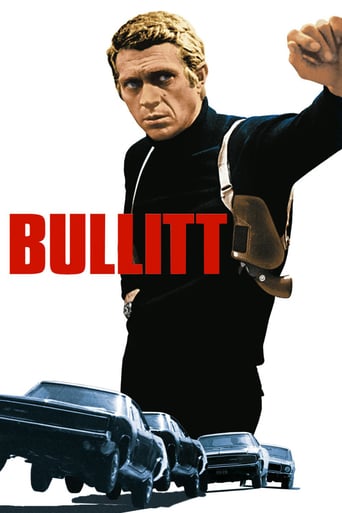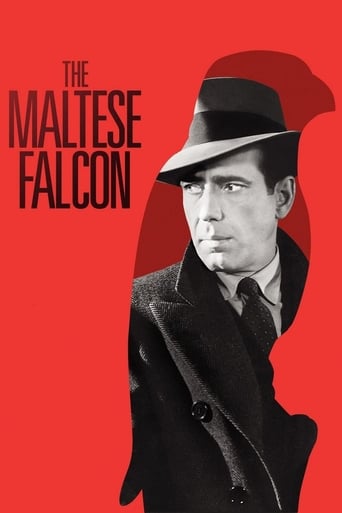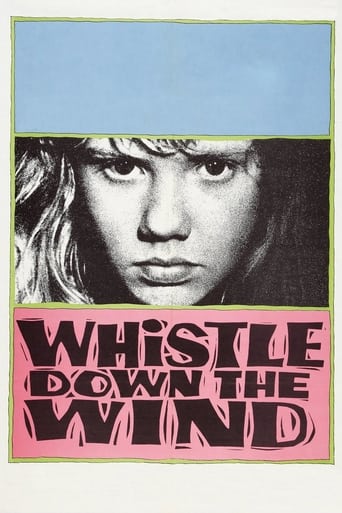
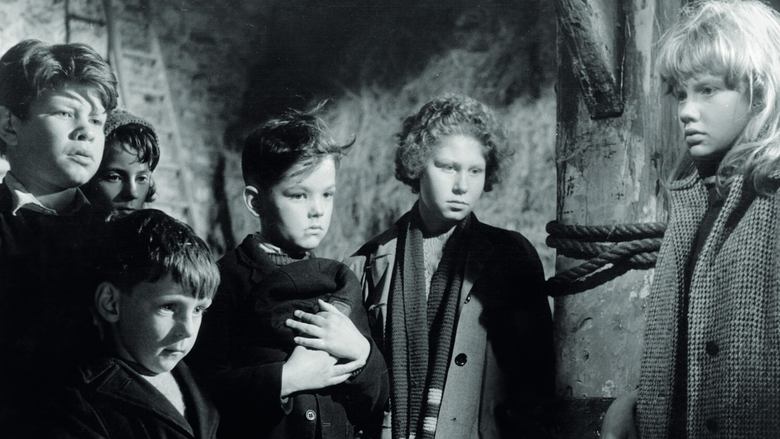
Whistle Down the Wind (1962)
When an injured wife-murderer takes refuge on a remote Lancashire farm, the farmer’s three children mistakenly believe him to be the Second Coming of Christ.
Watch Trailer
Cast
Similar titles
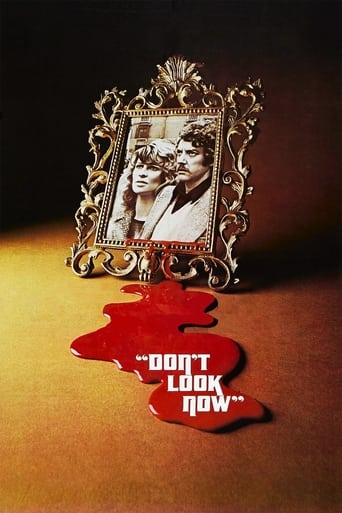
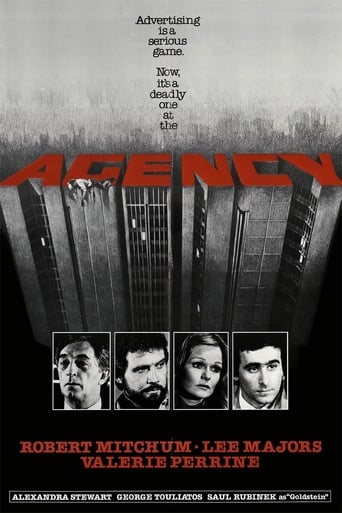
Reviews
Such a frustrating disappointment
Expected more
There is definitely an excellent idea hidden in the background of the film. Unfortunately, it's difficult to find it.
Worth seeing just to witness how winsome it is.
I was one of the schoolchildren who ran on in the closing minutes of the film, to the farm at the foot of Worsaw Hill in Lancashire. There were several takes of this scene, and we alternately ran into the farmyard from along the stream in front, and down a rather steep part of the hill and into the farmyard. Many of the children chosen for disciple parts and principal parts were from Chatburn Primary School. The entire front row in the final gate scene were also Chatburn schoolkids. We were paid ten shillings as extras for each day's shooting. I remember earlier in the year - probably 1960 - Bryan Forbes and Dickie Attenborough came round to the school, and we were all lined up against a wall while they were doing cast selections. I recognized both of them from older films that were appearing on television at the time.Of course the film was a big hit locally when it premiered (at the Odeon in Burnley). It still is, as most people in the surrounding villages are related to someone who was in it.It was a long time before I was able to develop a proper adult opinion of 'Whistle'. What strikes me now is how opinion in various reviews I have seen, and discussed, splits along the lines of the division of opinion among the protagonists. Having once 'identified' The Man as Jesus, even in spite of ("adult") evidence to the contrary, Kathy and Nan, and apparently also the disciples, persist in believing that he was Jesus and is being persecuted all over again. Charlie is the lone dissenter, who interprets the evidence of his senses and concludes "It's not Jesus. It's just a fella". So the overall flavour of the film from an analytical perspective is that in the matter of religious faith, presentation of contrary facts is completely irrelevant to the persistence of the belief. A more cynical twist on this: in so far as only children were party to the belief, while adults only saw a dangerous criminal, it suggests that irrational belief systems require a childlike worldview. This is doubly damning for Faith versus Facts.And yet, People Still Believe.
Once in a while you come across a film that is perfect - and this film is one of them. It has everything - humour, pathos, skilled acting, beautiful cinematography and it deals with the deepest questions of human existence. I found myself alternating between laughter and tears. It seems to touch on deep themes which films rarely dare to nowadays - themes of belief, faith, and the meaning of love.The photography of the bleak Lancashire countryside is superbly crisp, the facial expressions of the actors (especially Mr Bates) let us know exactly what is going on in their minds but subtly, in a way that is never seen nowadays in films where everything must be made explicit.The children interact entirely naturally and they are not merely credulous, but curious and questioning ('he's not Jesus, he's just some fella'). Some scenes are deeply moving, in particular when the children dance under a tree to the music of 'We Three Kings' in joy and praise at seeing what they believe to be their Saviour - seeming to sum up the deep, almost pagan connection between religion and the English countryside.The film deftly deals with the changing England of the time. By the early sixties, mainstream Christianity had begun to lose its hold on the English people (this was the time of Bishop Robinson and the 'Honest to God' debate); the decaying, plundered church is representative of the decline in organised religion, juxtaposed with the 'true' faith of the children. The religious figures, however, are not pilloried as would be the case in most modern films - they are treated sympathetically. I particularly liked the look of awkwardness on the Sunday school teacher's face when she is asked a question about Jesus which she knows she cannot answer with any honesty, and which she clumsily sidesteps.In many ways the film is an elegy for a lost England - an England where children roam the countryside freely, where the nearest telephone is half a mile away, and where children live in relative material poverty but with strong familial love, where the simple pleasures of life are enjoyed - playing in the open air, having a birthday party at home, or reading late into the night. The film could not realistically have been made even just ten years later.
I love this film and it can move me to tears. When Hayley Mills and her siblings (all of them yet to reach their teens) discover a man hiding in their family's barn, they jump to the wrong conclusion and think they have stumbled upon Jesus' second coming. This is their secret and we are drawn into their world, in which adults are the enemy (after all, look what they did when Jesus last called...) and innocence rules. Of course, the story is highly allegorical and some of it is rather heavy-handed - the betrayal as the distant train whistle/cockerel crow is heard and the final 'crucifixion' scenes spring to mind, but overall it is a delightful 'little' film. I challenge anyone with childhood memories not to choke a little when the hundreds of local children come charging to the farm at the end. Marvellous all the way, this film - made just up the road from where I live - is a mini-classic, just what British film-makers of the period did best.
Set in the bleak Pennine Mountains of Lancashire this is a moving story of a young girl who befriends a murderer on the run. The girl lives on a farm with her strict relatives and the murderer hides in a barn. She mistakes him for Jesus and the children of the village seek to protect him from both her relatives and the police. It is at times touching and funny at others. The Lancashire accents, especially those of the children, may be hard for non-British people to understand. Hayley Mills, as the girl, and Alan Bates, the wanted man, excel. The film received four BAFTA nominations - all thoroughly deserved. One was for the performance of Hayley Mills. She is the daughter of Mary Hayley Bell who wrote the novel on which the book is based.

